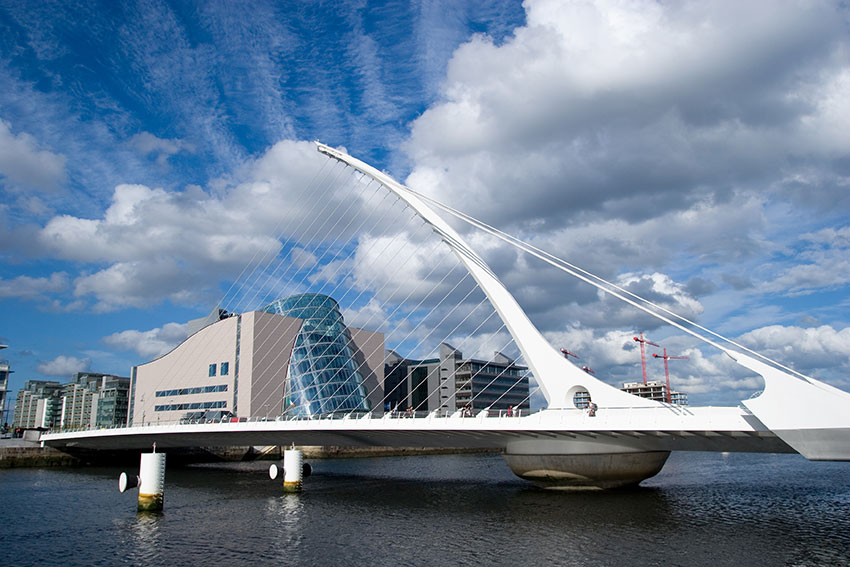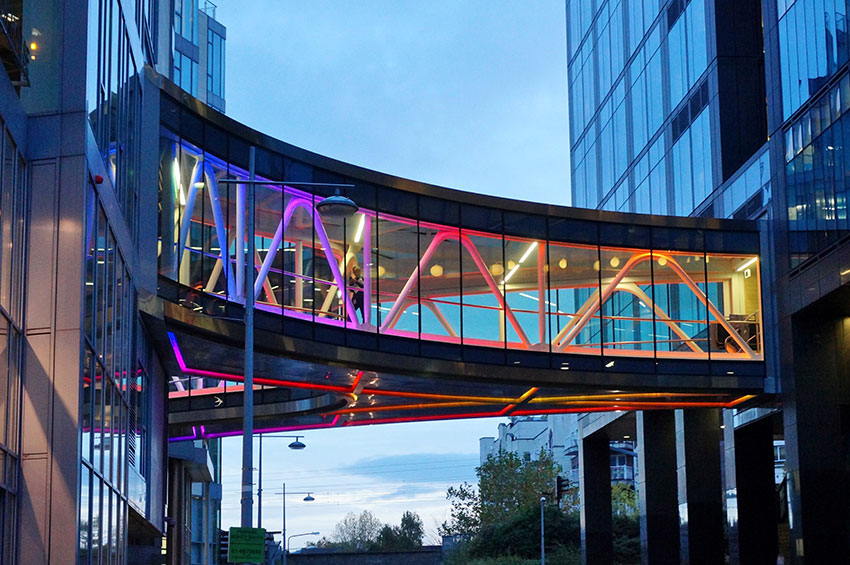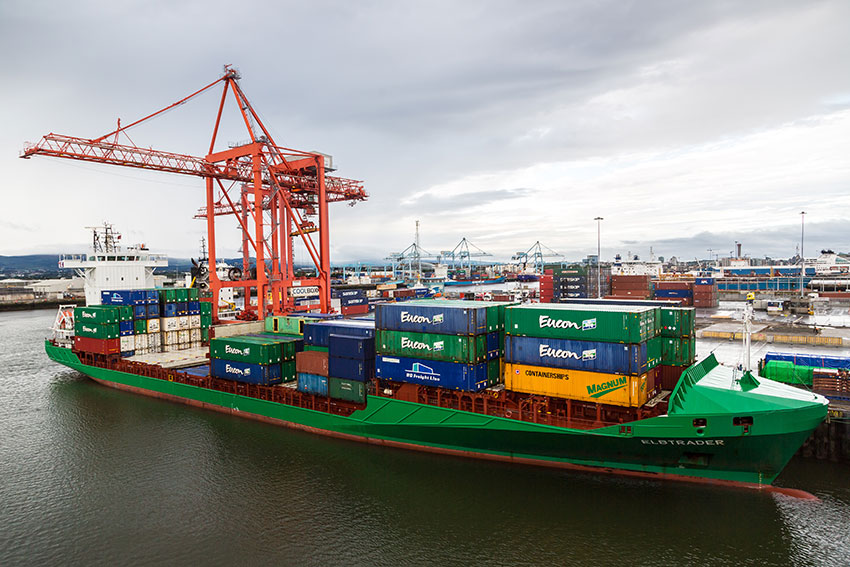CELTIC PHOENIX

Ireland’s foreign direct investment credentials are second to none. The industriousness and spirit of entrepreneurialism that marks its people has ensured it has swiftly risen like a phoenix from the ashes to put behind it the ravages of the global financial crisis which began in 2008, and which hit the country harder than most. A host of infrastructural developments across the country have cemented Ireland’s claim to be Europe’s Western gateway, with the jewel in the crown undoubtedly being Dublin Port, which has recorded impressive growth as it continues to expand in accordance with its Masterplan. Moreover, the ongoing transformation of the Port is having a profoundly positive ripple effect on the surrounding city region and beyond in terms of driving investment. Cumulatively, the Port has become central in catapulting the country up the league table of FDI prospects, and helps to position this English-speaking region favourably to investors looking at an imminent post-Brexit commercial landscape.
Innovation and efficiency have become the watchwords when it comes to Ireland, and nowhere is this more apparent than in Dublin, the capital. Here, tech companies of international renown, such as Facebook, Google, Amazon, Microsoft, Accenture and Airbnb have elected to call the Fair City home, such that Dublin Port has become known as “Silicon Docks”. Meanwhile, elsewhere in the country global giants Apple, HP and Intel have also set up shop, attracted by a skilled and plentiful IT workforce and favourable tax conditions.
What’s more, they’re not going anywhere, in spite of a recent European Commission anti-state aid ruling against Apple regarding a retroactive tax bill, given Ireland’s credentials on so many other fronts. In addition, it remains to be seen whether the European ruling actually has any teeth, since both Apple itself, which points to its status as the world’s largest taxpayer, as well as the Irish Government, which sees the decision as blatant interference in internal sovereign matters, are contesting the matter.
Yet, it is not just US corporate giants drawn by the business merits of relocating, expanding or starting up in Ireland. There is growing investor interest too, from the likes of China and Hong Kong, as well as from EU partners, France and Germany, a state of affairs which reflects the country’s key trading relationships. The pharmaceutical, banking, insurance and wider financial industries have, like the tech sector, also been attracted by Dublin’s economic potential and business friendliness credentials, and as we are seeing, they are not drawn simply by tax mitigation factors. Rather, it’s the sum total of the offer that includes a highly educated English-speaking workforce, supportive government, and excellent quality of life, amongst much else besides, which investors find so hard to resist. It is small wonder then, that despite challenging market conditions, Ireland continues to pull away from the pack and is able to consolidate its status as Europe’s fastest growing economy.

Ireland, the new UK?
The impact on Ireland of the UK’s decision to leave the EU is too early to call, given that Article 50 has not yet been invoked. However, it is a fair bet that Ireland will be affected more than most, given its proximity to its neighbour just across the Irish Sea. There is, however, no reason to think that the effect will be a negative one.
The European Union, of which Ireland remains a vital member, currently accounts for about 60 percent of total trade for this export-oriented economy, but the key factor here is that three-quarters of this has nothing to do with the UK. Moreover, a focus on transacting business further afield is something Ireland has had very recent experience of, given the recent global financial crisis, since Irish firms were compelled to seek, and in so doing successfully penetrated new markets for their products and services. Consequently, they now have established relationships in place which can be developed further.

Ireland is also uniquely placed to leverage its English-speaking status, as it will soon be the sole EU member with the international language of commerce as its native tongue. The value of this cannot be underestimated in terms of enriching its human capital, so further adding to its investment credentials. Moreover, with investors seeking predictable and favourable trading conditions with Europe, it would be a foolish person that bet against Ireland prospering on the back of Brexit.
The Irish financial services sector, for example, is confident it can exploit potentially adverse trading conditions in the UK for servicing Euro financial markets, and so leverage Ireland’s credentials in respect of its common law system, language and geography.
A Port of International Renown
As regards Dublin Port, this transportation and economic hub, which handles some half of Ireland’s total trade, continues to go from strength to strength, thanks to astute planning and strong evidence of the public and private sectors working in harmony in pursuit of a common goal. While it is defined principally by unitised cargo sector activities involving lift-on, lift-off and roll-on, roll-off elements, its popularity as a cruise liner port is also growing, supported by a “Cruise Ireland” initiative. In addition, it offers numerous ferry services to England, Wales and the Isle of Man, such that in total, the port currently handles almost 2 million tourists a year.
Other attributes to recommend it include comprehensive liquid bulk, dry bulk, oil bunkering and break bulk facilities, as well as unrivalled strategic transport links to the wider Dublin and national region. Furthermore, its international credentials are evidenced in its offering of multi-modal services with connections to transhipment ports such as Rotterdam, while its steadfast commitment to the World Ports Climate Initiative illustrates the importance it attaches to operating in a sustainable fashion, involving a determined effort to reduce greenhouse gas emissions.
Dublin Port’s ambitions are succinctly outlined in the Dublin Port Masterplan, which constitutes a detailed blueprint of its self-funded expansion plans, many of which have already begun in earnest, and which are administered by the state-owned Dublin Port Company, the body responsible for operating, managing, controlling and developing the port.

